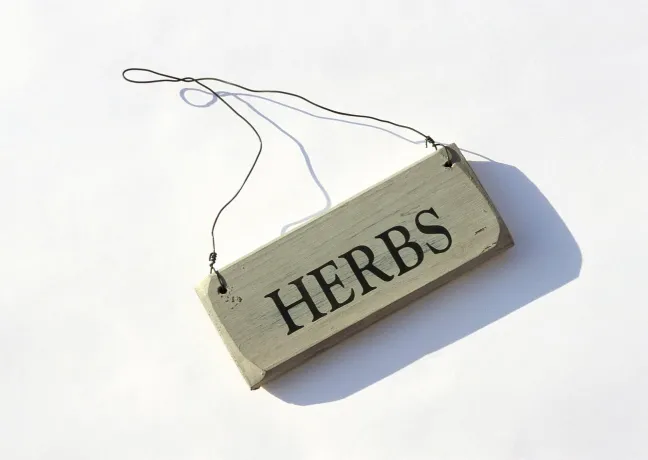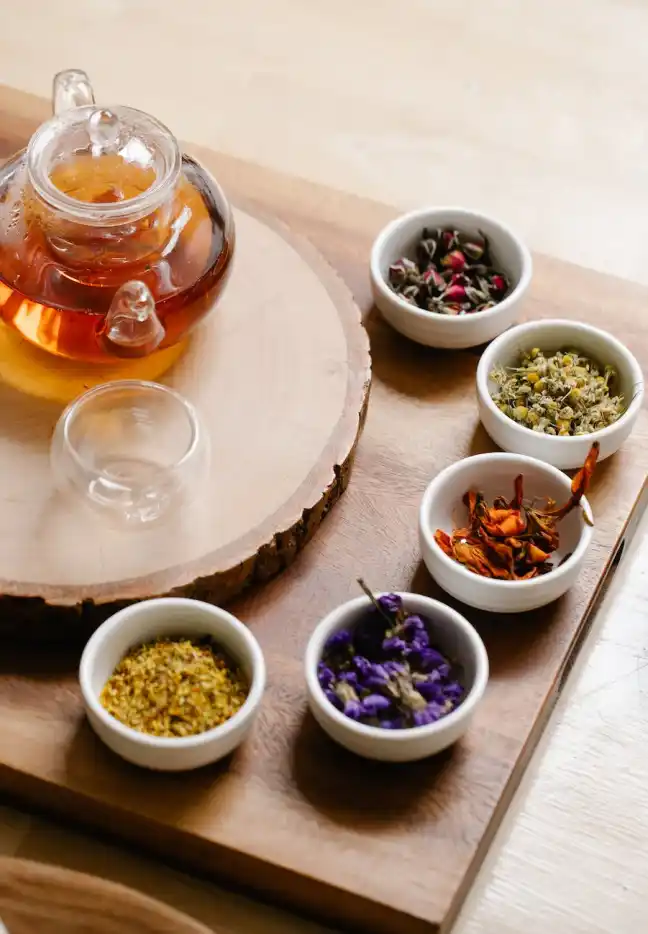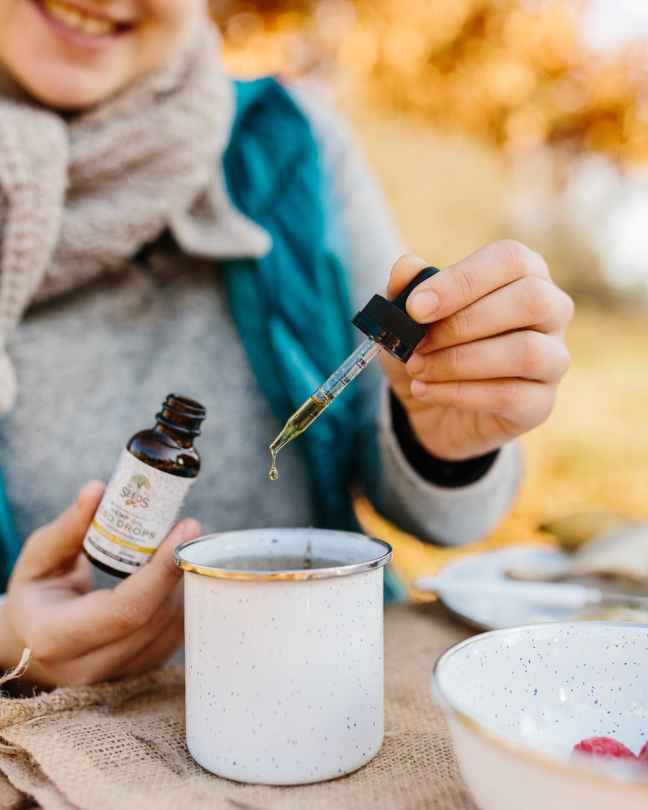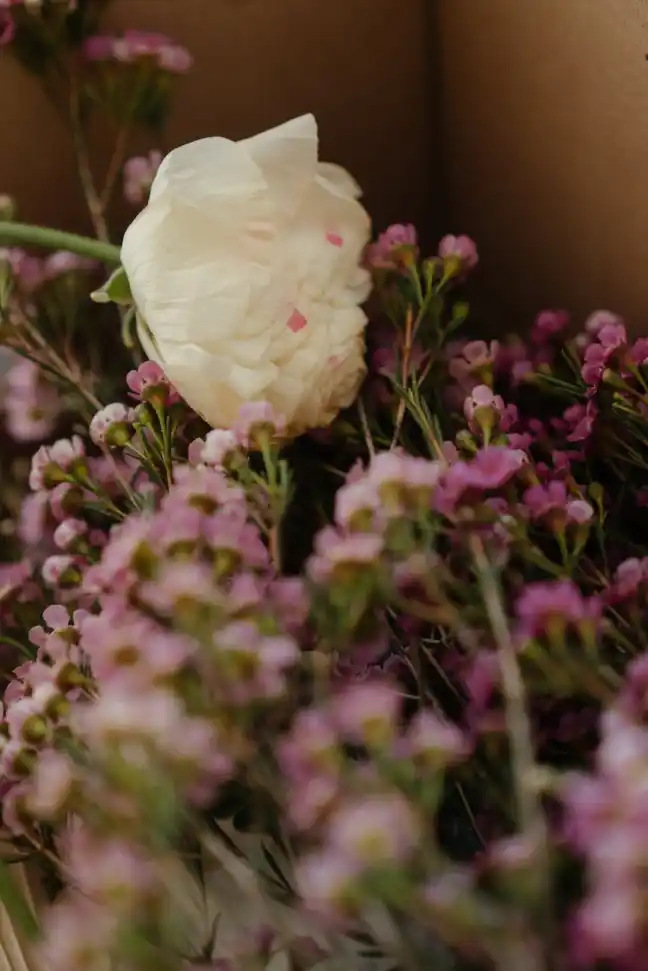Astragalus, or Huang Qi: “Herbs That Tonify Qi”
This adaptogen herb, astragalus or Huang Qi as it is also called, has its roots in traditional Chinese medicine (TCM) dating back over 2,000 years, and there is a lot of documented research of the beneficial effects of this amazing herb.
It’s native to China but was introduced to North America already in 1925. It also grows in some parts of northern Europe.
The benefits of this herb are so many, and the research keeps pouring in, it has been shown to inhibit the growth of cancer cells, it can heal ulcers, appendicitis, mastitis, unidentified swellings, sudden malignant pain, high fever with aversion to Cold, It is better than Codonopsis for “Blood Deficiency”(TCM) as it “Tonifies Blood”. It has a synergistic effect on other herbs, especially those that strengthen energy, digestion, blood production and blood circulation. Huang Qi “tonifies Wei Qi, Lung Qi, Yang Qi, Spleen Qi, and the Primal Qi”. (TCM) Astragalus stops sweating, promotes discharge of pus, generates new flesh, and it is a diuretic (promotes urination) and reduces edema, but also generates body fluids, and relieves both numbness and pain. It may reduce shortening of telomeres and oxidative stress, which translates into a longer life plain and simple.
Those are all TCM terms, but what does that mean for the regular person who doesn’t practice Chinese Medicine?

If you bring up Google Scholar, or PubMed, and type in “Astragalus” you will get thousands of hits, this is how interesting this herb is in ,medical research. It is being tested in treatment of the cold and flu, as well as seasonal allergies, essentially ALL upper respiratory illnesses, and lower respiratory illnesses too. It is now known that astragalus increases white blood cell count, which is important because of the role of white blood cells in the immune system. One way of saying this is that Astragalus Root has “antiviral capabilities”. Astragalus Root has been studied for its heart-health benefits, and it has has been shown to strengthen blood vessels and increase blood flow from the heart, proving the TCM claim that is is a “Blood Tonifier”. Thousands of studies are and have been done on Astragalus Root in the treatment of cancer and tumors, and it has been found that it may decrease and slow tumor growth while building “cancer fighting cells” so is earning a place as a “growth inhibiting” herb. Astragalus Root may also support healthy kidney functioning, and it has anti-inflammatory properties and may be helpful in post stroke treatments where the blood brain barrier has been damaged, and it may be beneficial in gut microbial health.
There is almost no end to the healing possibilities of this herb, and I know that when Astragalus Root first made its way into the Western herbal medicine market, it was as an immune regulating and chronic viral infection suppressing herb, and it still is all of that. It is an important herb in the treatment of chronic viral infections, particularly all varieties of herpes infections, hepatitis, and HIV infections.

In traditional Chinese medicine, Astragalus is often combined with other herbs, and that is always true for TCM, and that is where the thousands of years of DOCUMENTED use surpasses the uses of the West, and the understanding of exactly WHAT Astragalus should be combined with, and WHEN, is a skill that rests exclusively in the hands of doctors of Traditional Chinese Medicine. For all the research that is being done, it isn’t likely that the West will catch up anytime soon, and the reasons for that is simply that it takes time to conduct studies.
Dr. Anna Bäck L.Ac. Dipl.O.M.


















































